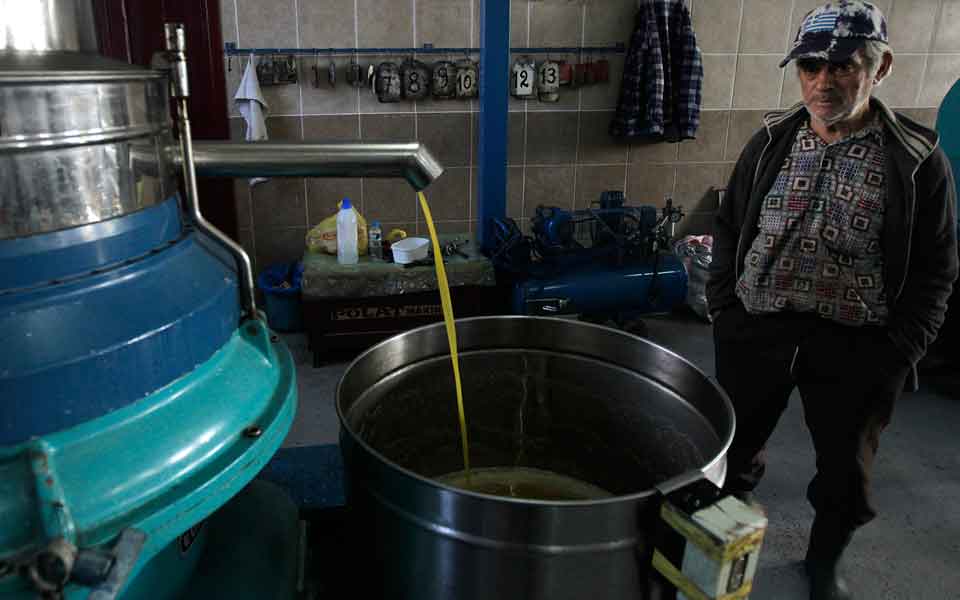Food prices keep rising despite shrinking household incomes

While households’ disposable income keeps shrinking, consumers also face the constant increase of prices in dozens of commodities, particularly food products, making Greece one of the most expensive countries in the European Union in this domain.
Successive value-added tax hikes, and particularly one imposed last summer shifting a series of food commodities from the 13 percent to the 23 percent bracket and now to 24 percent, have led to a decline in consumption. This means that the industry and retail commerce, in turn, raise their prices in order to offset losses from the domestic market’s downturn.
Although Greece has experienced deflation in the last three-and-a-half years, data published by Eurostat are revealing: Food prices in Greece were up 2.3 percent compared with the same month in 2015, while the respective rise across the eurozone averaged at 0.9 percent.
The hikes in fruit, vegetables and various vegetable oils are reminiscent of periods when the Greek economy suffered under the burden of inflationary pressures a few decades ago.
Vegetable oils, including olive oil that is dominant in Greek households, were sold at a price 9.5 percent higher than a year earlier, while the rise in the eurozone amounted to 2.9 percent.
Fruit prices grew 4.2 percent year-on-year, just below the eurozone average of 4.9 percent, while vegetable prices went up 7 percent against 5.6 percent in the eurozone. The prices of bread and cereals increased 2 percent on an annual basis, whereas in the eurozone the hike was no more than 0.2 percent.
Greece is the most expensive member-state among the 19 countries using the euro in milk and eggs, the fourth most expensive in fish, the sixth in bread and cereals, and even in olive oil it is the eighth most expensive euro-area state, with its prices standing some 16 percent above the eurozone average.
In practical terms, while households and enterprises are burdened by new taxes and further salary and pension cuts, the price hikes in basic commodities continues in 2016 in the same striking manner of 2015, inevitably leading to a further decline in consumption in the food sector.





